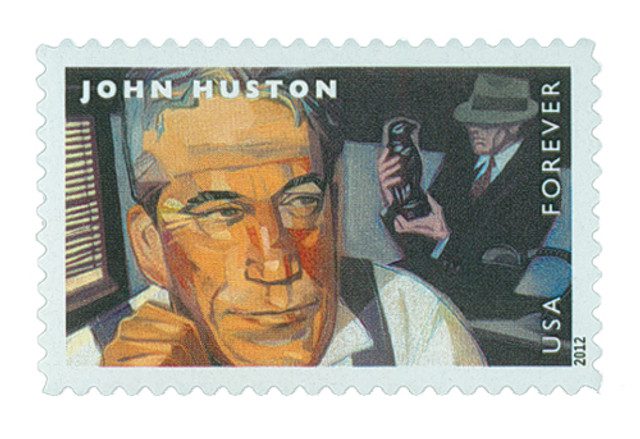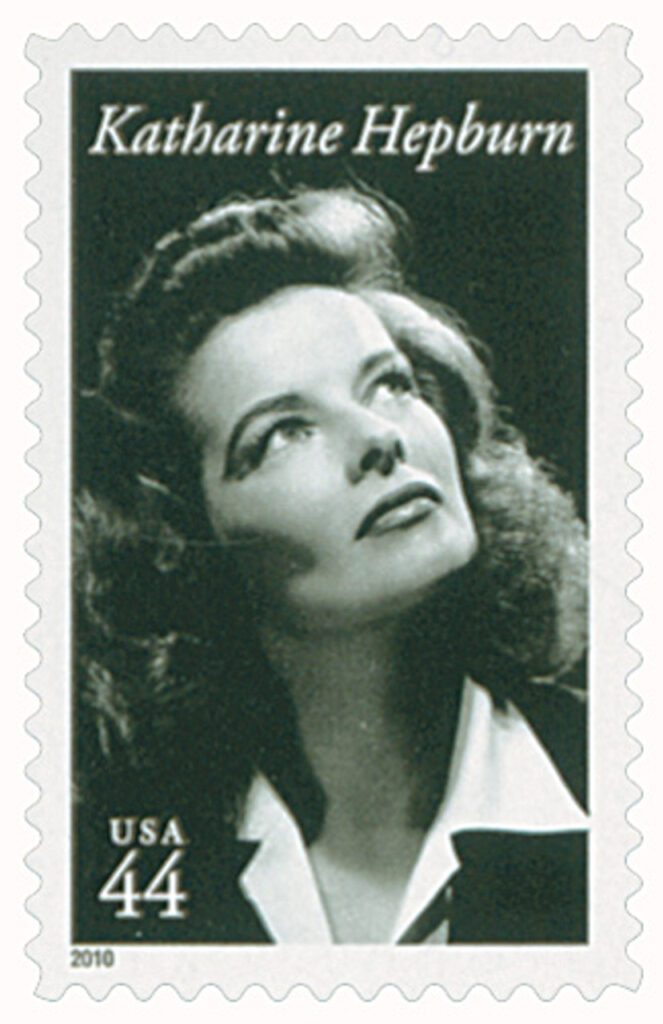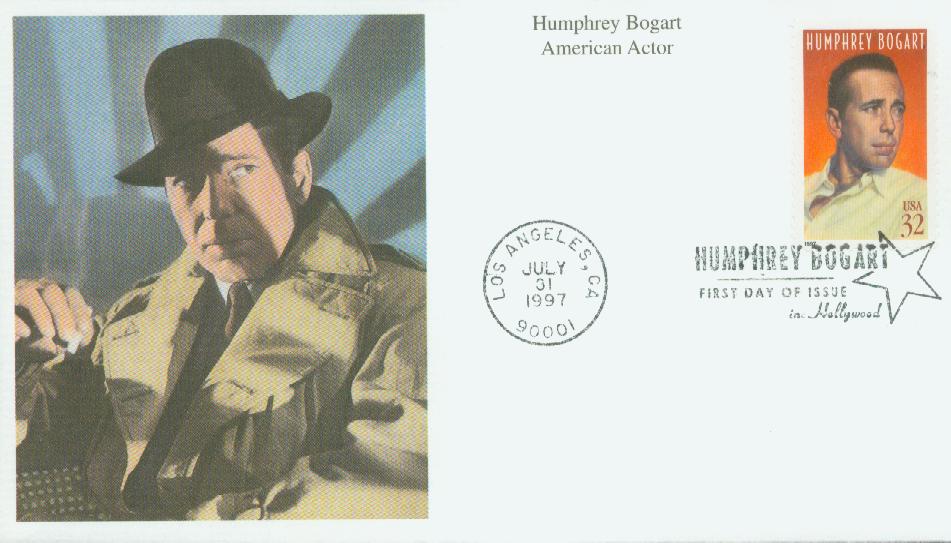On January 14, 1957, we said goodbye to Humphrey Bogart. Humphrey Bogart was one of the few individuals able to transcend the silver screen to become a true legend. His rugged good looks, husky voice, and gruff, yet sensitive attitude earned him worldwide recognition and made him one of the most distinctive leading men of film’s Golden Age.
Born December 25, 1899 in New York City, Humphrey DeForest Bogart was the oldest child of a successful surgeon and a commercial illustrator. In 1918, with no other career options, Bogart embraced his love for the sea and joined the US Navy. He was a model sailor, spending most of his time in service ferrying troops back from Europe. He worked a number of odd jobs after that, including shipper and bond salesman. It was at this time that his friend Bill Brady Jr. got him a job at his father’s business, World Films.
Working for Brady, Bogart got to try screen writing, directing, and producing, and in 1921, made his stage debut in Drifting, as a Japanese butler. He had found his calling, and went on to perform in at least 17 Broadway productions between 1922 and 1935.

Bogart received his first film role in the 1928 movie, The Dancing Town, while still performing on Broadway. His portrayal of Duke Mantee in The Petrified Forest, was considered the best of his career, and led to the adaptation of the play for the big screen. His performance in the film was “brilliant, compelling, and superb,” but led to his being typecast as a gangster in a number of B-movie crime dramas.
Bogart got his big break in the 1941 film The Maltese Falcon. He wowed audiences with his complex portrayal of private detective Sam Spade. The hit film garnered praise for Bogart and first-time director John Huston, paving the way for an impressive film career for both men.

Bogart’s next film, perhaps his most well known, was Casablanca. The 1942 film (released in the US in 1943) won the Academy Award for Best Picture. As a result, Bogart received a large pay increase, and was the highest paid actor in the world by 1946. For the remainder of his career, Bogart was offered better, more diverse roles and won the Academy Award for Best Actor in a Leading Role for his 1951 film, The African Queen.
A long-time heavy drinker and smoker, Bogart’s health began to decline rapidly by the mid-1950s. He put off seeing a doctor for a long time, so there was little they could do when it was discovered he had cancer. Yet, even as things looked bleak, Bogart joked, “Put me in the dumbwaiter and I’ll ride down to the first floor in style” when he could no longer use stairs. He passed away on January 14, 1957, a day after a visit from his good friends Spencer Tracy and Katharine Hepburn.
Click here to see some memorable clips from Bogart’s career.
| FREE printable This Day in History album pages Download a PDF of today’s article. Get a binder or other supplies to create your This Day in History album. |
Discover what else happened on This Day in History.




There will never be another Bogie! Too bad he didn’t take better of his health.